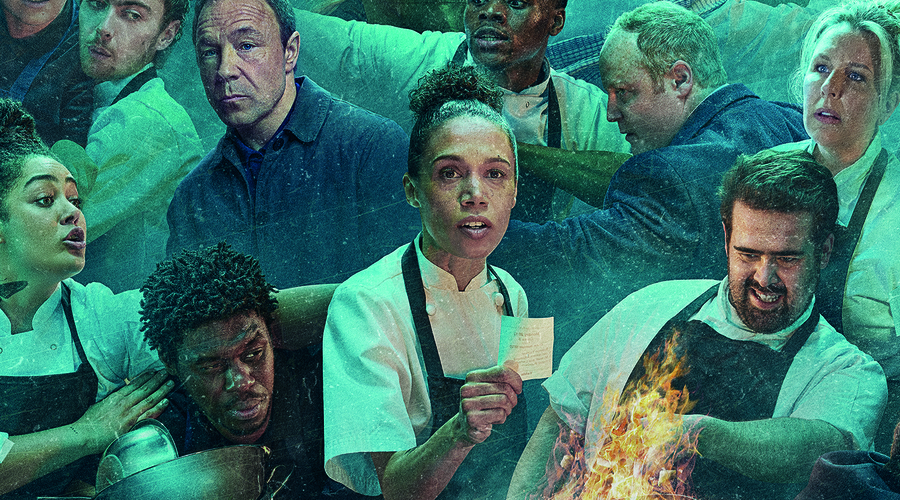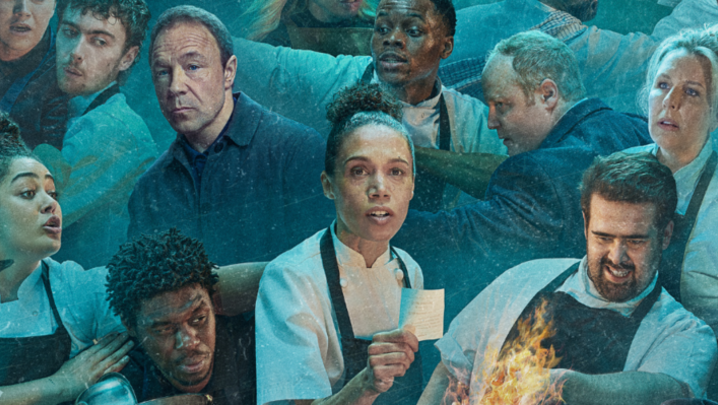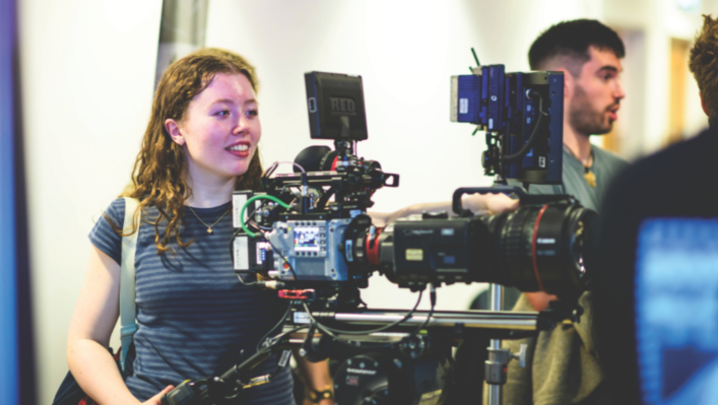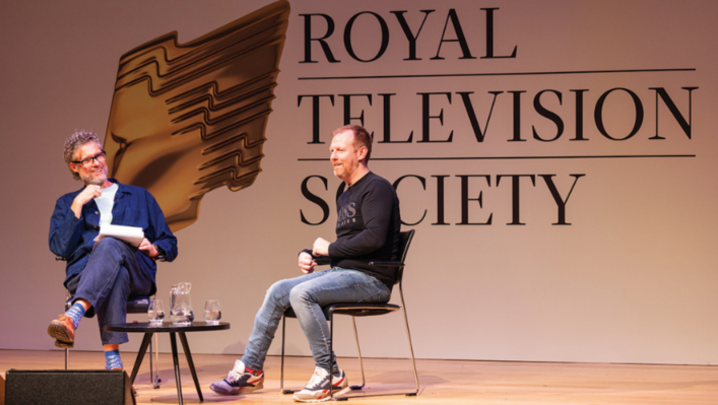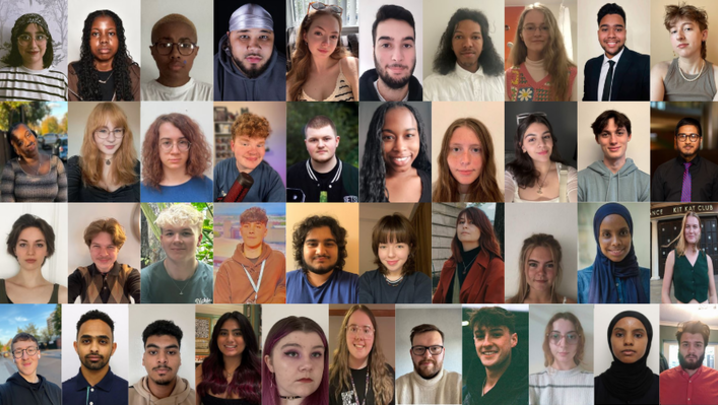Carole Solazzo hears how a new BBC One drama made the transition from cinema to the small screen
Is there something in the water in Huyton? Following in the footsteps of Alan Bleasdale (Boys from the Blackstuff), and Tony Schumacher (The Responder), director Philip Barantini is the latest television talent from the streets of this Liverpool town, with his new BBC One four-parter Boiling Point.
It is a rollercoaster slice-of-life drama, set in the kitchen and front-of-house of a new high-end London restaurant, and Barantini described its unusual journey to the small screen.
The series, co-created and written by James Cummings, began life as a short, then was remade as a feature film, both captured in single takes.
“Normally, you would send in a pitch, have a chat, maybe get commissioned for a script,” Barantini told RTS North West Chair Cameron Roach. “[But] Mona [Qureshi, then at the BBC, now a Netflix drama commissioner] got in contact with me after the film came out and asked if I’d be interested in turning it into a TV series.”
Luckily for Barantini, producer-turned-drama commissioner Rebecca Ferguson took over from Qureshi, and already knew him: “She gave me my first crack at TV [directing].”
“When the first draft of the script arrived, it was my first week as drama commissioner,” Ferguson told Roach. “It just had this thing that I personally am always looking for: total authorship, and authenticity.”
Barantini’s career journey was circuitous. His enthusiasm for the industry was sparked on a trip to Disneyland: “It was magical.… Then my great auntie took me to Granada Studios”, and he realised that magic was created in the North West, too.
He became an actor but was “always the guy who would stay behind on set after my scene, mithering the director, because I was so interested [in how it all worked]”.
However, “I didn’t believe that I could direct,” he added, “because, as a kid from Huyton, my mentality was, ‘I could never do that because directors have been to film school and they know everything’.”
“It’s a barrier for working-class [people],” Ferguson agreed. “It’s a middle-class thing… to go to film school.”
Barantini was an actor for 20 years; at the start it went “incredibly well”, but he started working in kitchens when roles began to dry up.
He “fell into drinking too much… I felt bitter because I still had this burning desire to work in the industry but it was getting further and further away from me.” He pulled things round with the help of a therapist, determined now to focus on directing, but lack of confidence still held him back.
Until his mother died. “That changed everything,” he recalled. “The worst thing in the world had happened. Nothing could faze me now.”
The key, he insisted, is that a director “doesn’t need to know everything.… Surround yourself with people who know what they’re doing… and collaborate with them.”
On Boiling Point, this included consultant chefs advising the actors to “hold the spoon like that, or chop like this… attention to detail is essential. I wanted it to feel real and raw.”
Roach asked whether it was “very bold for BBC One to back the vision and go to series television” – lacking as Boiling Point was in “traditional drama series technique”.
Ferguson disagreed, citing Clocking Off and Boys from the Blackstuff.
“It’s harking back to those TV series… the character-based dramas about real people’s lives,” she insisted. “They are people who are struggling, living on the edge, but in this incredible high-octane environment.”
The RTS North West event was held on 28 September at the Vue Cinema Salford Quays, hosted by Cameron Roach, RTS North West Chair and founder of Rope Ladder Fiction. It was produced by RTS North West in association with Beautiful Productions.

